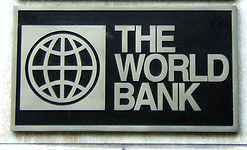
The Market Colonization of Intellectuals
Source: Truthout
In many forums over the past decade, public intellectuals seem unable to talk about pressing social issues without performing the equivalent of an academic literature review. Although reasons range from trying to inform their audiences of relevant debates to efforts to demonstrate erudition, that many public intellectuals present their work as the basis for rewards in academe and the entertainment industry suggests influences tantamount to the colonization of intellectuals by the ever-expanding market.



